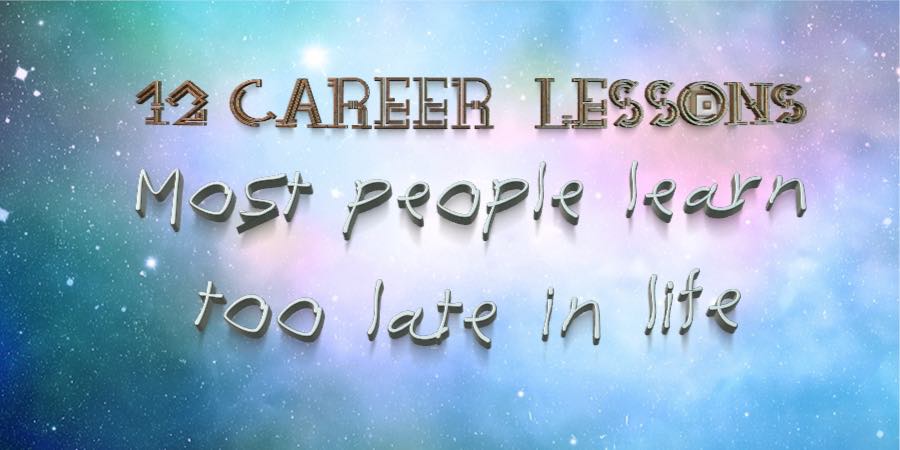Work–life balance is the term used to describe the balance that an individual needs between time allocated for work and other aspects of life. Areas of life other than work-life can be, but not limited to personal interests, family and social or leisure activities. The term ‘Work-Life Balance' is recent in origin, as it was first used in UK and US in the late 1970s and 1980s, respectively. More recently the term has drawn on some confusion; this is in part due to recent technological changes and advances that have made work and work objectives possible to be completed on a 24-hour cycle. The use of smartphones, email, video-chat, and other technological innovations has made it possible to work without having a typical "9 to 5 work day"










